You are truly human now. You can love, and fear, and forbid things to be what they are, and overact
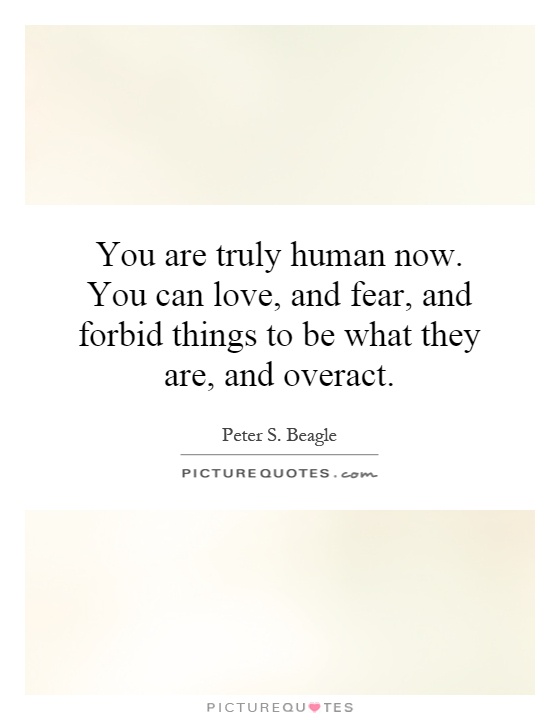
You are truly human now. You can love, and fear, and forbid things to be what they are, and overact
Peter S. Beagle is a renowned author known for his ability to capture the essence of humanity in his writing. In his works, he often explores the complexities of human emotions and relationships, delving into the depths of what it means to be truly human. One of the most poignant quotes from his novel "The Last Unicorn" is, "You are truly human now. You can love, and fear, and forbid things to be what they are, and overact."This quote encapsulates the essence of what it means to be human - to experience a wide range of emotions, to have the capacity to love deeply, to feel fear and anxiety, and to sometimes act irrationally or impulsively. In the context of Peter S. Beagle's work, this quote speaks to the idea that being human is a complex and multifaceted experience, filled with both beauty and pain.
The idea of being able to love is a central theme in many of Beagle's works. Love is a powerful force that drives characters to great lengths, inspiring acts of bravery and sacrifice. In "The Last Unicorn," the unicorn's journey to find her lost kin is driven by her love for her kind, and her willingness to risk everything to save them. Love is a force that transcends boundaries and connects us to others in profound ways.
Fear is another emotion that Beagle explores in his writing. Fear can be paralyzing, causing characters to act irrationally or make poor decisions. In "The Last Unicorn," fear is a constant presence, as the characters grapple with the unknown and face their own mortality. Fear can be a powerful motivator, driving characters to confront their deepest fears and overcome them.
The idea of forbidding things to be what they are speaks to the human tendency to try to control our surroundings and manipulate our circumstances. We often try to impose our will on the world, refusing to accept things as they are. This can lead to conflict and suffering, as characters struggle to come to terms with the limitations of their power.
The idea of overacting speaks to the human tendency to react impulsively or excessively in times of stress or emotion. Characters in Beagle's works often find themselves overwhelmed by their emotions, leading to rash decisions and unintended consequences. Overacting can be a source of drama and conflict, driving the plot forward and revealing the true nature of the characters.
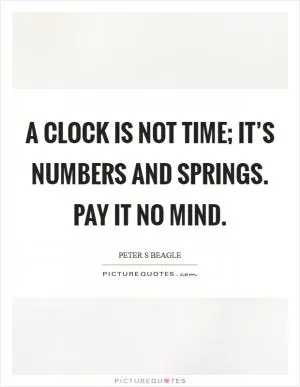
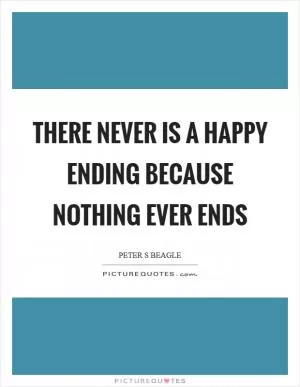
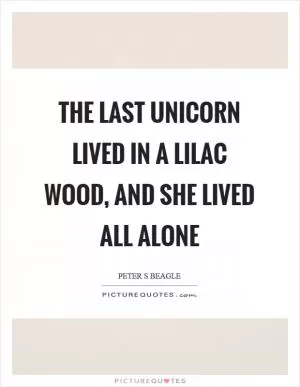
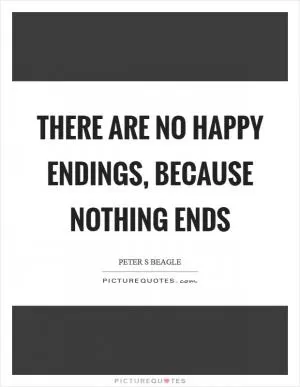


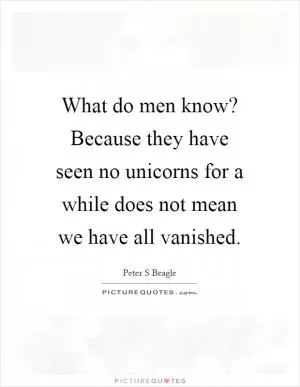
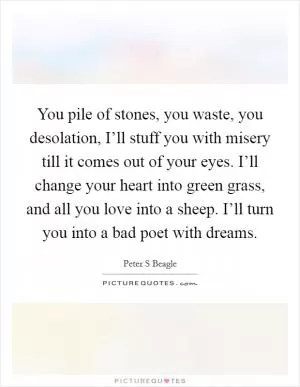
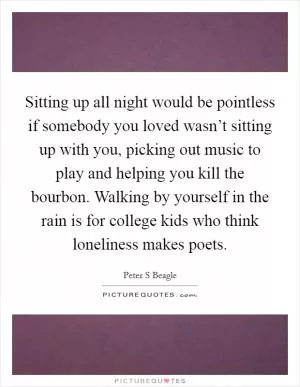
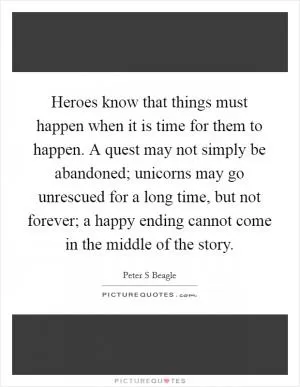
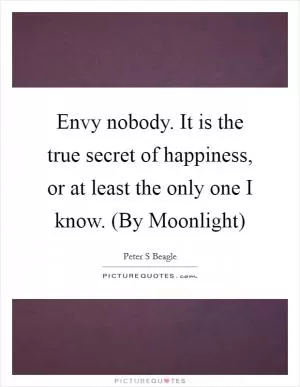
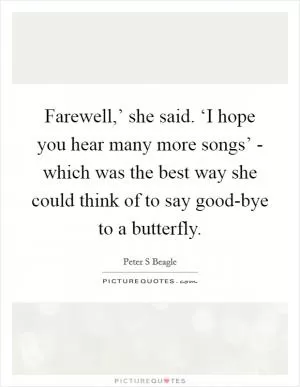
 Friendship Quotes
Friendship Quotes Love Quotes
Love Quotes Life Quotes
Life Quotes Funny Quotes
Funny Quotes Motivational Quotes
Motivational Quotes Inspirational Quotes
Inspirational Quotes